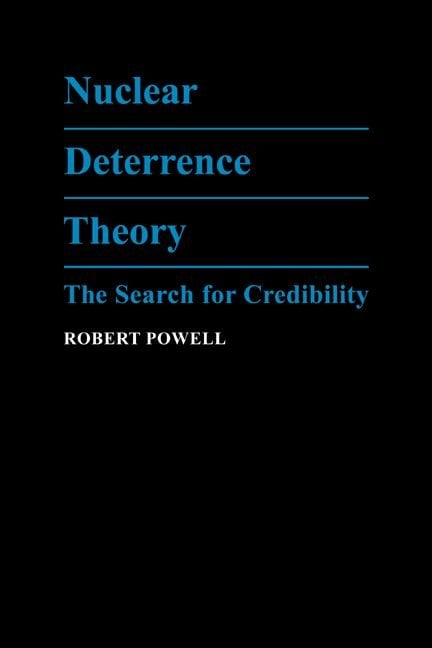Applying recent advances in game theory to the study of nuclear deterrence, the author examines some of the most complex and problematic issues in deterrence theory. Game-theoretic analysis allows the author to model the effects on deterrence strategies of first-strike advantages, of limited retaliation, and of the number of nuclear superpowers involved in the international system. With the formalizations he develops, the author is able to demonstrate the fundamental similarity of the two seemingly disparate deterrence strategies that have evolved in response to the superpower arms buildup; the strategy that leaves something to chance and the strategy of limited retaliation.












